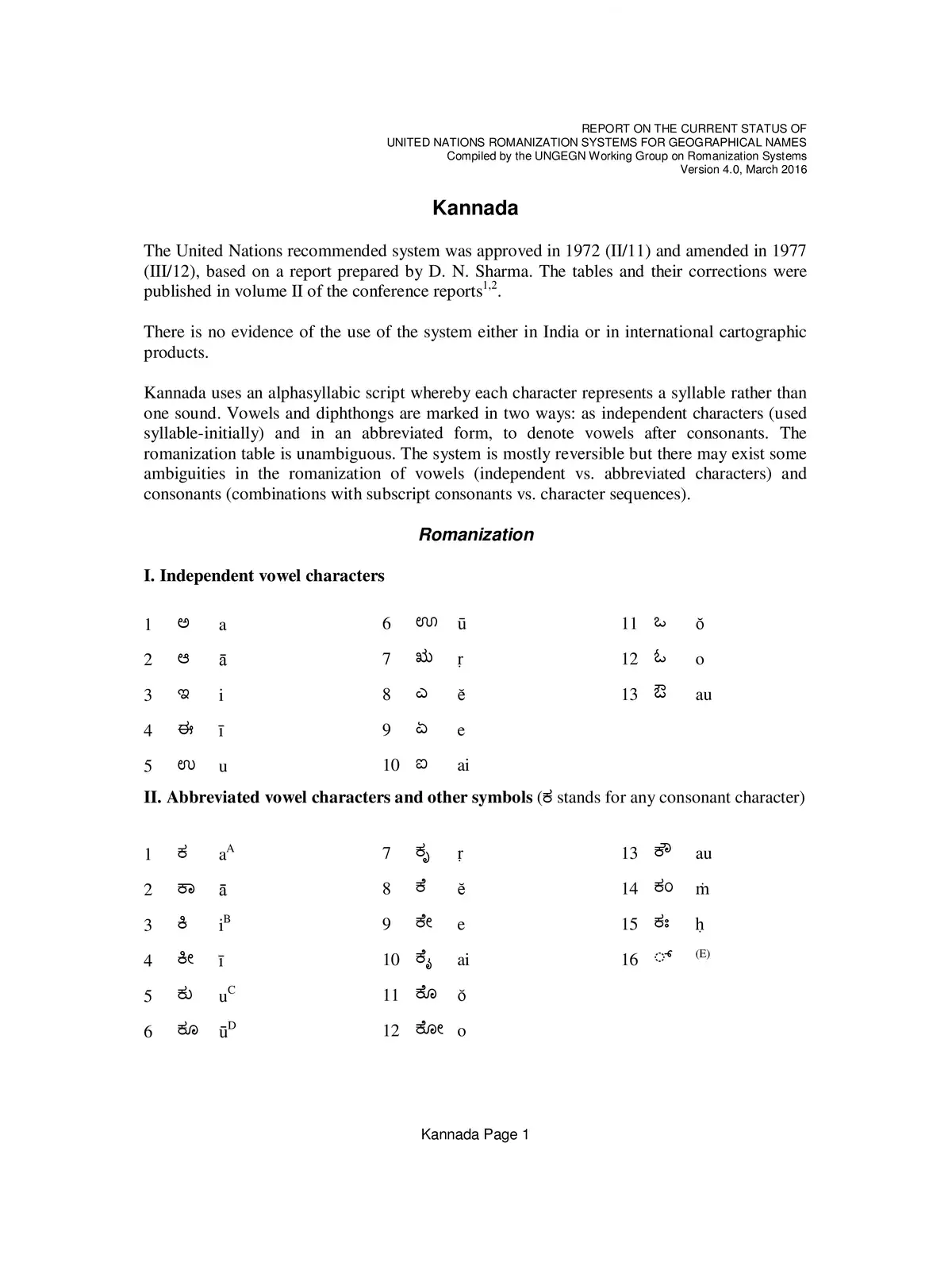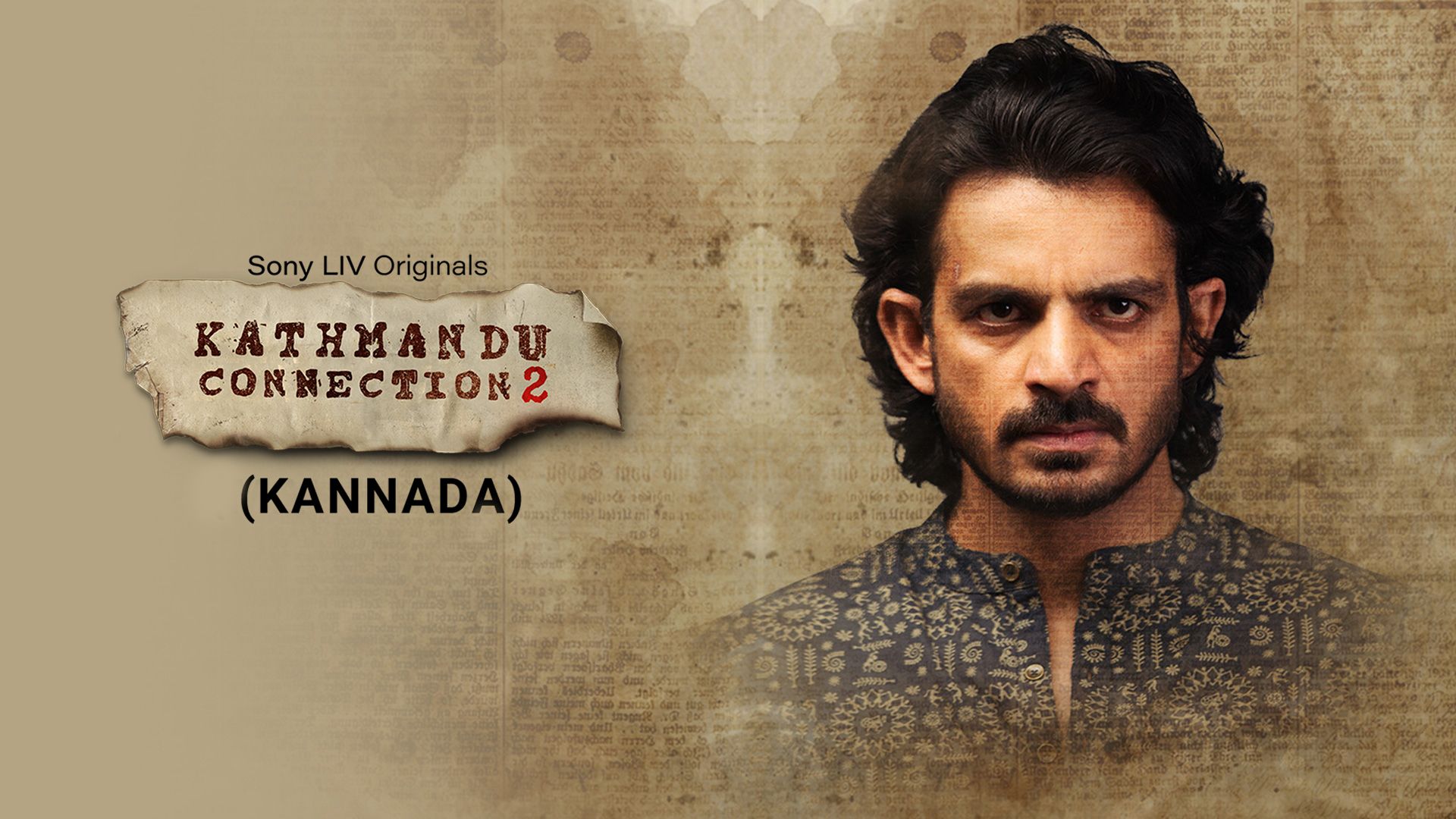Have you ever wondered how people express their age in Kannada? Well, buckle up because we're about to take a fascinating journey into the world of Kannada language and culture. Age in Kannada isn’t just about numbers; it’s a reflection of tradition, respect, and a deep-rooted connection to one’s identity. Whether you’re learning Kannada for fun or out of necessity, understanding how to talk about age is an essential part of mastering the language.
Language isn’t just about words; it’s about the emotions, stories, and history behind those words. For Kannada speakers, discussing age carries cultural significance. It’s not just about saying “I’m 25 years old” – it’s about understanding the nuances of respect and tradition embedded in the language. So, if you’re ready to dive into this linguistic adventure, let’s get started!
Before we jump into the nitty-gritty details, let me assure you that this isn’t going to be a boring grammar lesson. We’re here to explore the vibrant world of Kannada, where every word has a story to tell. From the basics of age-related vocabulary to the cultural implications of age in Kannada society, we’ve got you covered. So, let’s make this journey memorable!
- Hikaru Nagi Interview Unveiling The Stars Journey And Secrets
- Unveiling The Cast Of Young Sheldon A Deep Dive Into Their Lives And Careers
Why Age in Kannada Matters
Understanding age in Kannada is more than just learning a few phrases. It’s about appreciating the cultural significance of age in Kannada-speaking communities. In Kannada, age isn’t just a number; it’s a symbol of wisdom, experience, and respect. Whether you’re addressing an elder or talking about your own age, the way you phrase it matters. Let’s explore why this is such a crucial aspect of the language.
The Cultural Context
In Kannada culture, age plays a vital role in social interactions. Elders are revered, and their wisdom is highly valued. When you talk about someone’s age, you’re not just stating a fact; you’re acknowledging their place in the social hierarchy. This respect for age is deeply ingrained in the language, making it essential for learners to grasp this concept.
For example, if you’re addressing someone older than you, you wouldn’t just say “25 years old.” Instead, you’d use terms that convey respect and admiration. This cultural context is what makes learning about age in Kannada so fascinating.
- Young Sheldon Cast The Ultimate Guide To The Nerdy Adventures Of A Child Prodigy
- Remembering Carrie Hamilton A Life Of Talent Passion And Legacy
Basic Age Vocabulary in Kannada
Let’s start with the basics. How do you say “age” in Kannada? The word for age is ವಯಸ್ಸು (vayassu). Simple, right? But wait, there’s more. Depending on the context, you might use different words or phrases to express age. Here’s a quick breakdown:
- ವಯಸ್ಸು (vayassu) – Age
- ಒಂದು ವರ್ಷ (ondu varsha) – One year
- ಎಂಟು ವಯಸ್ಸು (enthu vayassu) – How old?
These are just a few examples to get you started. As you dive deeper into the language, you’ll discover more words and phrases that will help you express age with precision and respect.
Expressing Age in Kannada
Now that we’ve covered the basics, let’s talk about how to express age in Kannada. Whether you’re talking about your own age or someone else’s, there are specific phrases and structures you can use. Here’s a quick guide:
Phrases for Talking About Age
- ನನ್ನ ವಯಸ್ಸು ಐದು ವರ್ಷಗಳು (nanna vayassu aidhu varshagalu) – I am five years old.
- ಅವನು ಎಂಟು ವಯಸ್ಸು (avanu enthu vayassu) – How old is he?
- ನಾನು ಎರಡು ವರ್ಷಗಳು ಹೆಚ್ಚು (naanu eradhu varshagalu hechu) – I am more than two years old.
See how easy it is? With a little practice, you’ll be able to express age in Kannada like a pro. But remember, it’s not just about the words; it’s about the tone and respect you convey when using them.
Respect and Age in Kannada
One of the most fascinating aspects of age in Kannada is the emphasis on respect. In Kannada culture, age is synonymous with wisdom and experience. This is reflected in the language through specific terms and phrases used when addressing elders or talking about their age.
Terms of Respect
When addressing someone older than you, it’s common to use honorifics. For example:
- ಅವಂಗರು (avangaru) – They (used to refer to elders)
- ಅದ್ದೆಯರು (addeyaru) – Elders
- ನಾನು ತನ್ನ ವಯಸ್ಸು ಹೆಚ್ಚು (naanu tanna vayassu hechu) – I am older than you.
These terms aren’t just polite; they’re a reflection of the deep respect Kannada culture has for age and experience.
Age and Social Dynamics
In Kannada society, age plays a significant role in social interactions. From family gatherings to workplace settings, the way you address someone based on their age can make a big difference. Let’s explore how age influences social dynamics in Kannada-speaking communities.
Family Settings
In a family setting, age is a crucial factor in determining roles and responsibilities. Elders are often seen as the heads of the household, and their opinions carry weight. When discussing age in this context, it’s important to use language that reflects respect and admiration.
For instance, if you’re talking about your grandparents, you might say:
- ನನ್ನ ಮಗಳನ್ನು ತನ್ನ ವಯಸ್ಸು ಹೆಚ್ಚು (nanna magalannu tanna vayassu hechu) – My granddaughter is older than me.
This kind of language not only conveys information but also reinforces the importance of age in family dynamics.
Age in Kannada Literature
Age isn’t just a topic of conversation in everyday Kannada; it’s also a recurring theme in Kannada literature. From ancient epics to modern novels, the concept of age plays a significant role in shaping narratives and characters. Let’s take a look at how age is portrayed in Kannada literature.
Famous Literary Works
One of the most famous Kannada epics, ಕರ್ನಾತಕ ಕಾವ್ಯ ಮಹಾಕಾವ್ಯ (Karnataka Kavya Mahakavya), frequently explores themes of age and wisdom. In this epic, characters often reflect on their age as a source of strength and knowledge.
For example, a character might say:
- ನನ್ನ ವಯಸ್ಸು ಹೆಚ್ಚು ಆಗಿದೆ, ಆದರೆ ನನ್ನ ಜ್ಞಾನವು ಹೆಚ್ಚು ಆಗಿದೆ (nanna vayassu hechu aagide, aadare nanna jnana hechu aagide) – My age has increased, but so has my knowledge.
These literary references not only enrich the language but also provide insight into how age is perceived in Kannada culture.
Modern Usage of Age in Kannada
In today’s world, the way we talk about age is evolving. While traditional terms and phrases are still widely used, modern Kannada speakers are adopting new ways to express age. Let’s explore how age is discussed in contemporary Kannada.
Social Media and Age
With the rise of social media, the way we talk about age has changed. Younger generations are using slang and informal language to express age-related concepts. For example:
- ನನ್ನ ವಯಸ್ಸು ಬೆಳೆದು ಕೊಂಡಿದೆ (nanna vayassu beledu kondidhe) – I’ve aged gracefully.
- ಅವನು ಎಂಟು ವಯಸ್ಸು ಆಗಿದೆ (avanu enthu vayassu aagide) – How old has he become?
These modern phrases reflect the changing dynamics of age in Kannada-speaking communities.
Learning Resources for Age in Kannada
Now that you’ve got a solid understanding of age in Kannada, it’s time to dive deeper. Here are some resources to help you master this fascinating aspect of the language:
- Online Kannada courses
- Language exchange programs
- Kannada literature and poetry
By immersing yourself in these resources, you’ll not only improve your language skills but also gain a deeper appreciation for Kannada culture.
Conclusion
We’ve taken a deep dive into the world of age in Kannada, exploring everything from basic vocabulary to cultural significance. Whether you’re a language enthusiast or someone looking to connect with Kannada-speaking communities, understanding age in Kannada is a crucial step. So, what are you waiting for? Dive in and start exploring this rich and vibrant language!
Don’t forget to share your thoughts in the comments below. And if you found this article helpful, be sure to check out our other posts on Kannada language and culture. Happy learning!
Table of Contents
- Why Age in Kannada Matters
- Basic Age Vocabulary in Kannada
- Expressing Age in Kannada
- Respect and Age in Kannada
- Age and Social Dynamics
- Age in Kannada Literature
- Modern Usage of Age in Kannada
- Learning Resources for Age in Kannada
- Conclusion



Detail Author:
- Name : Wilfredo Hammes
- Username : wunsch.alverta
- Email : susanna.adams@johnston.com
- Birthdate : 1988-02-26
- Address : 2118 Ben Trace Suite 662 West Eunafort, LA 49788
- Phone : 352-576-4855
- Company : Pollich and Sons
- Job : Database Administrator
- Bio : Nihil voluptatum sapiente ea ut aut eveniet. Qui eos aut rerum architecto sed voluptates.
Socials
tiktok:
- url : https://tiktok.com/@damaris_gutkowski
- username : damaris_gutkowski
- bio : Quo vel voluptatem dicta omnis iste tenetur.
- followers : 4770
- following : 2648
twitter:
- url : https://twitter.com/damaris389
- username : damaris389
- bio : Quia eos non dolor. Commodi ratione quidem libero impedit vel unde. Tenetur rerum quod aut itaque id distinctio.
- followers : 3482
- following : 2440
instagram:
- url : https://instagram.com/damarisgutkowski
- username : damarisgutkowski
- bio : Ducimus voluptates est velit non quis aut qui. Harum eum aut assumenda et dicta.
- followers : 2110
- following : 467
linkedin:
- url : https://linkedin.com/in/damarisgutkowski
- username : damarisgutkowski
- bio : Aut aut nam aut mollitia error dolores dolore.
- followers : 6030
- following : 1571